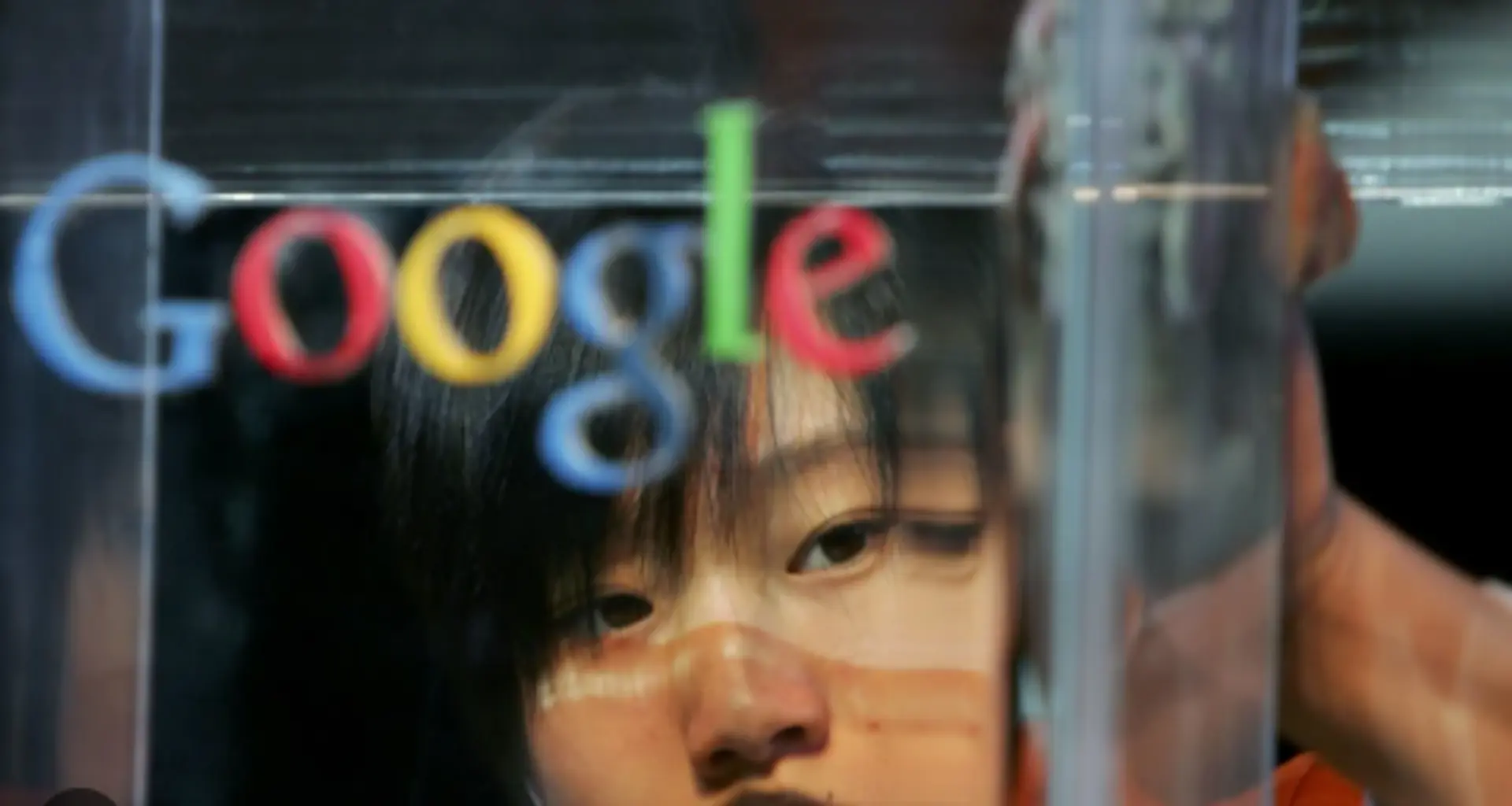Beijing’s efforts to curb app addiction has resulted in some significant adjustments by China’s top social apps. Douyin, China’s version of TikTok, has implemented blackout hours and built-in breaks designed to cut into kids’ time spent using it.
Triolo does not anticipate Beijing will respond forcefully if Apple decides to ban the US version of TikTok from their Chinese app store, though such action remains possible.
TikTok
TikTok has quickly become one of the world’s largest social media platforms with users from every corner of the planet due to its bite-sized videos ranging from lip syncing challenges and pranking strangers, to viral marketing campaigns of small businesses.
More: Golden Gate Bridge toll | Golden Gate Bridge Tours | Live Cam Golden Gate Bridge | Rent the Bike For Bridge | Great View Of Bridge
But lawmakers in Congress are becoming concerned over this company, fearing it could pose national security threats because its parent company resides in China; critics contend this allows Beijing access to data stored within TikTok apps; the company denies these allegations but the threat remains real.
FBI Chief Christopher Wray and Director of National Intelligence Dan Coats have expressed alarm about this app in interviews and congressional testimony, particularly because it allows Chinese governments to access personal data of Americans. Furthermore, this app could be used for spreading propaganda or misinformation within America.
And while some members of Congress view TikTok as a threat, others see it as a vital asset for American economy. Over 7 million small businesses rely on TikTok to connect with potential customers and sell products and services – not to mention how its monetization strategies have created jobs within tech sector – yet a forced sale could put this process on pause.
Though it remains to be seen if a forced sale will succeed, Congress’ push for it shows how alarmed officials are about China’s growing influence over the Internet. This raises fears over foreign governments being able to shape American public opinion and undermine democratic institutions; additionally it shows the Trump administration taking a tougher stance toward China than previous administrations did.
TikTok could face serious legal obstacles in forcing its sale, as such a move could violate First Amendment rights of users and Apple and Google may block the app from their app stores – something which might violate recent Supreme Court rulings that uphold freedom of expression under the Constitution.
WeChat has become so integral to daily life in China that it’s nearly impossible to imagine a world without it. The app includes both an instant messaging feature called Chats and a social media platform called Moments, similar to WhatsApp and Facebook respectively. Digital wallets that can be linked with debit and credit cards allow people to pay household bills, book medical appointments, make investments and more.
Government services are even available through WeChat; citizens can check their social security details or purchase speeding tickets directly on the app. Furthermore, during COVID-19 pandemic outbreak, WeChat’s health code system – which allows residents to prove their identity by scanning their faces – proved invaluable in keeping our country running efficiently.
But WeChat’s increasing popularity has raised concerns over government surveillance and censorship. Citizens may find their accounts suspended if content deemed inappropriate by authorities is posted, with some even having both account and chat group deleted entirely.
Beijing supports WeChat; many government departments and local authorities operate official accounts to disseminate information while encouraging citizens to report any suspicious activities via the app.
WeChat has become an essential asset to Chinese economic development, hosting everything from buy-and-sell communities to influential product hawkers. Furthermore, its massive user base has made WeChat an attractive option for gaming – an area in which Tencent, WeChat’s owner, is considered a market leader. Many Chinese users devote one third of their mobile internet time on WeChat every day and visit it multiple times throughout their day.
China’s strict censorship laws may make WeChat hard to reach international audiences, yet it has successfully established itself in other markets through mini-programs and stickers. Sticker creators quickly became famous and rich; for instance, River Rui was able to quit her job to devote herself entirely to creating Silly Piggy stickers!
Experts warn, however, that replicating WeChat’s success in the US could prove challenging. While WeChat integrates seamlessly with digital payments in China’s internet ecosystem, whereas its ecosystem in America is much more fragmented and competitive.
ByteDance
Yiming Zhang, an established tech entrepreneur, founded this company. Since then it has developed an app suite featuring TikTok video streaming and Toutiao news aggregation to meet users’ needs for video and news aggregation in China. Furthermore, users have access to music, educational and entertainment content via other applications available through their platform. Staff numbers approximately 150,000 globally with offices located across 120 cities around the globe.
ByteDance stands out from its competition by being supported by some of the biggest names in venture capital investment. General Atlantic, Susquehanna International Group and KKR & Co are major shareholders who all have representatives on its board of directors.
TikTok also maintains a strong US presence, with offices in Austin, California and New York City. Their engineers and product managers in the US employ over 1,000 people worldwide; among these workers are software engineers, data scientists and former YouTube employees promoted to lead TikTok operations here.
ByteDance is a dominant player in its home market for short-form video. It is currently the second most-downloaded app on Apple iOS devices behind Duolingo; TikTok’s popularity has given ByteDance significant leverage when dealing with local governments; yet how long this lasts remains unknown.
ByteDance has managed to withstand government pressure in the US, but in China the challenges are greater. China recently amended their Counter-Espionage Law so as to compel all organizations to cooperate with intelligence operations – effectively making private entities part of state surveillance apparatus.
TikTok was given nine months from its home government’s announcement of this law to find a buyer or face being banned in China. While TikTok may challenge this measure in court, it remains uncertain if its buyers can meet Beijing’s high price expectations. Company executives and US-based investors are exploring ways to expand voting rights of US shareholders so as to give them greater control of TikTok.
China is monitoring citizens with various apps that monitor their behaviour and personal data, including facial recognition systems that identify jaywalkers and social credit systems that rank people based on their behavior and dole out rewards or punishments accordingly.
Government policies in China have required its citizens to download an app called Jing Wang that scans phones for photos, videos, and audio files – with this system having already been employed to track members of the Uighur minority living in western China. Furthermore, companies are required to monitor employees’ phones closely and implement restrictions imposed upon them by this measure.
Google and Apple collect vast amounts of user data, but have laws in place to safeguard privacy. China has implemented its new cybersecurity law which enables the government to access personal data deemed essential for national security – giving rise to possible surveillance of Chinese citizens without their knowledge or consent.
See More: Hotels in Alaska | Hotels in Alabama | People’s Choice Awards | Hotel Near Golden Gate Bridge | Parking Lot Near Bridge | Tesla Model 3
Many Chinese users don’t realize that their mobile phone apps are being constantly monitored. These users use apps for communication with friends, playing games and communicating with businesses; many of which are geo-blocked by China’s Great Firewall; thus granting the Chinese government control over what content users view on their phones.
As a way around this problem, users often turn to third-party app stores. Unfortunately, these third-party stores often contain copies of Google Play Store and can harbor malware; as a result, China now requires these third-party stores to register officially before taking steps to shut them down.
Facebook has an ambitious goal of connecting the world, yet its mission has come under increasing scrutiny. As it expands, it gains more control of global information flows – be that physical telecommunications networks, devices and software that display this data, tools that enable Internet of Things technologies or leading search engines.
Balance must be struck between increasing power and maintaining its integrity and trustworthiness; should this goal be attained, its future may be brighter than many would think.






